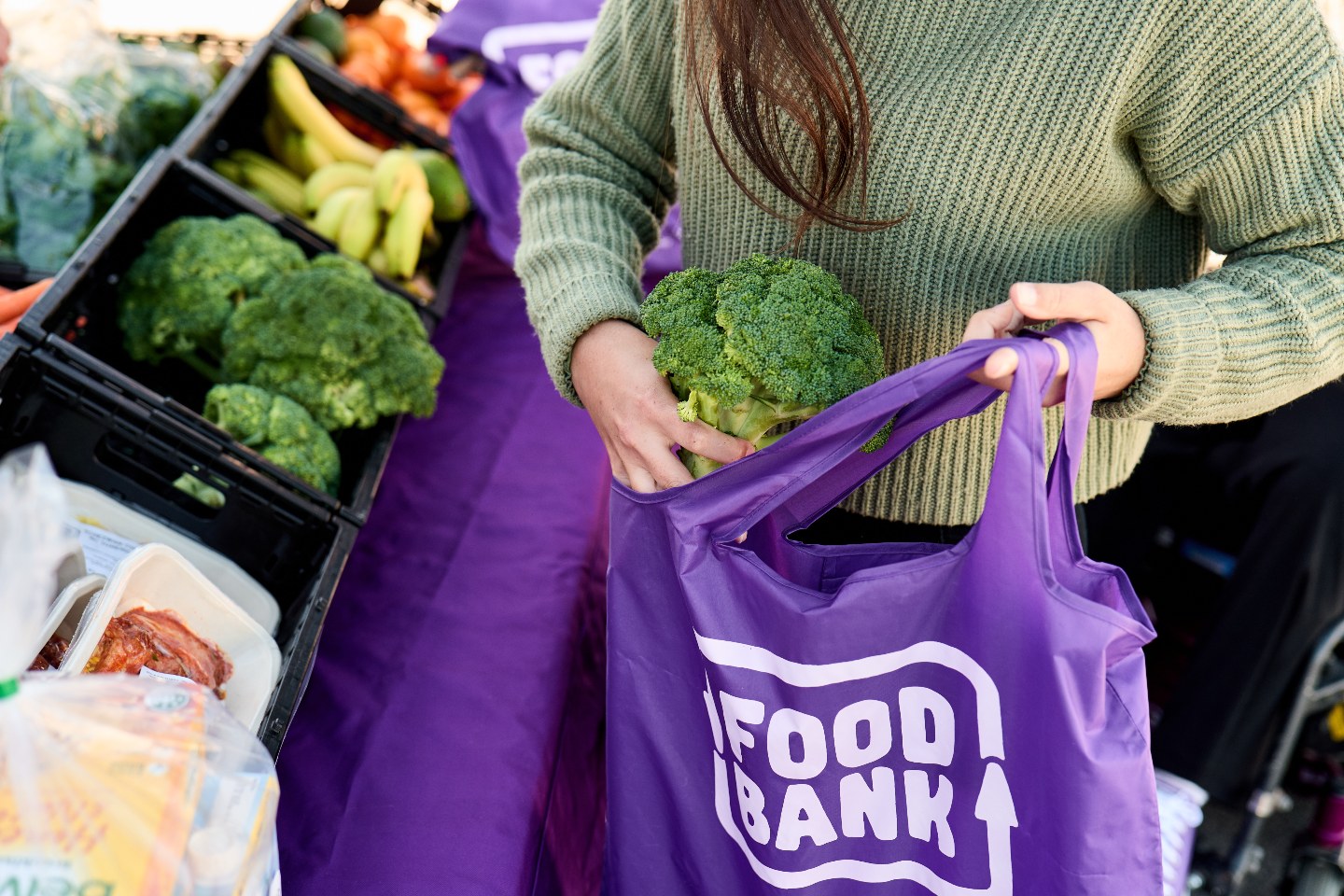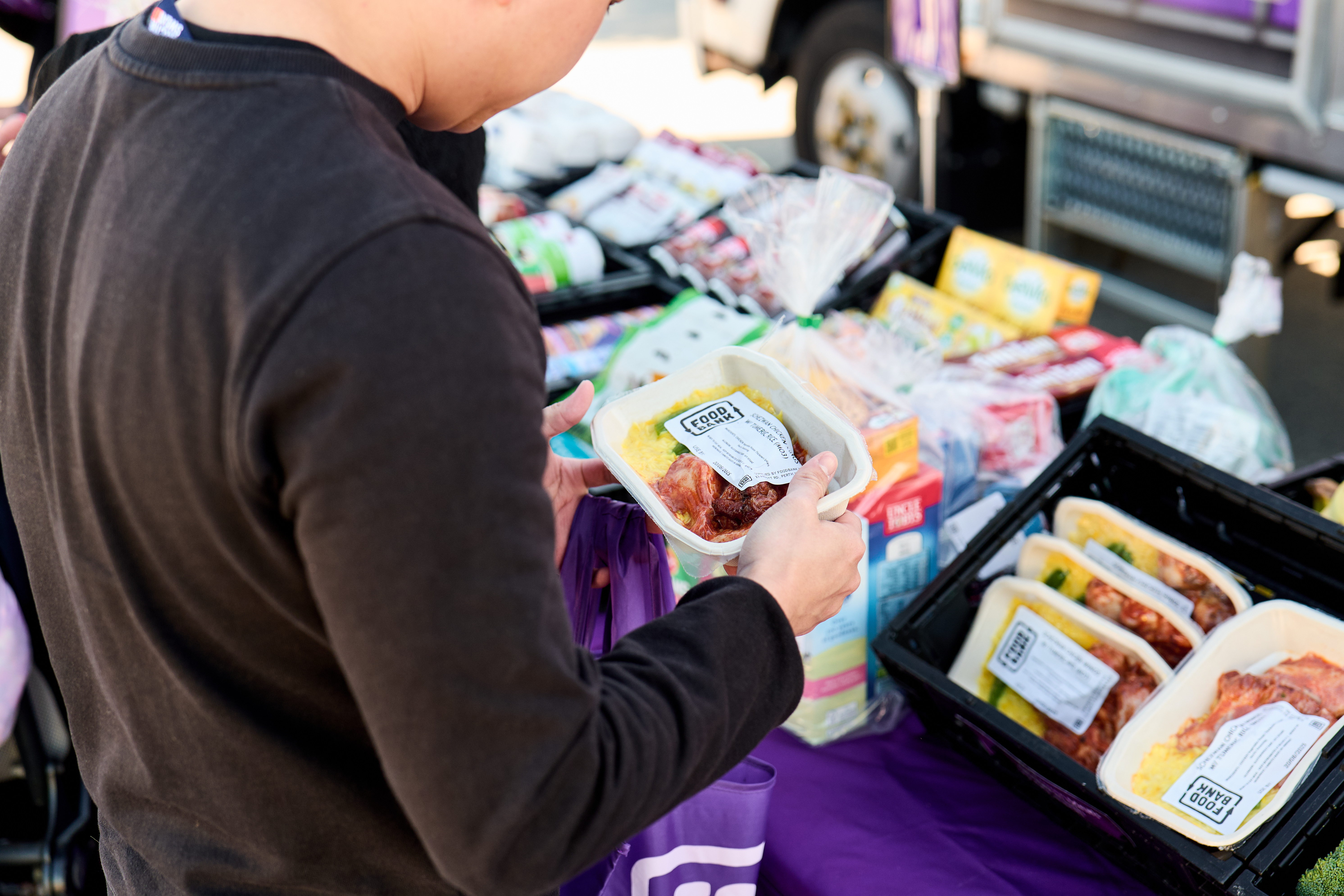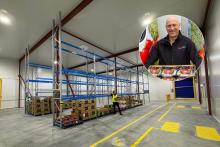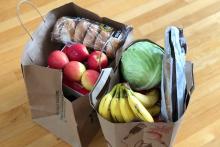One in three Australian households, or 3.5 million homes, experienced food insecurity in the past 12 months, according to the recently released Foodbank Hunger Report 2025.


One in three Australian households, or 3.5 million homes, experienced food insecurity in the past 12 months, according to the recently released Foodbank Hunger Report 2025.
The report found that this was consistent in Western Australia, with nearly one in three households, or 350,000 homes, experiencing food insecurity in the past year and for renting households, this increases to 50% or one in two homes.
Behind the data are the real stories of families forced to skip meals so children can eat, workers going hungry to pay rising rents, and people living with disability or illness struggling to put food on the table.
The Foodbank Hunger Report 2025 paints a stark picture of growing food insecurity across Australia, and Foodbank is calling on the federal government to act now to solve the nation’s food crisis by:
- Adopting the National Food Donation Tax Incentive.
- Increasing funding to Foodbank Australia with a cash injection of $5 million in Mid-Year Economic and Fiscal Outlook (MYEFO) towards natural disaster preparedness.
Foodbank Australia chief executive Kylea Tink said food insecurity did not discriminate and was not a fringe issue.
“Hunger is mainstream in Australia right now and the federal government cannot ignore it,” Ms Tink said.
“While we dismiss hunger as something that only impacts the most vulnerable in our community, this year’s Foodbank Hunger Report shows households of all stripes – from those that are employed, renting or have mortgages, to those raising children or living with disability, neighbours, friends and family we all know are reporting food insecurity as a fact of life for them.
“Australians are doing everything right; working, budgeting, seeking help, yet still going hungry.
“This is a failure of policy, not people. We need coordinated, national action now.”

Additional support from the government to address the growing issue of food insecurity is necessary.
The Foodbank Hunger Report 2025 revealed that cost-of-living is the greatest concern for 91 per cent of food insecure households, followed closely by housing and the broader economy.
In WA alone, the number of severely food insecure households has increased 18 per cent from last year, with 231,000 homes skipping meals or going whole days without eating.
People in the Perth metro area are experiencing the highest growth in severe insecurity at 37 per cent.
"While there are government subsidies and welfare payments aimed at helping with the cost of living, these have not kept pace with inflation." Foodbank WA CEO Kate O'Hara
Ms Tink said food insecurity did not occur in isolation.
“It’s the perfect storm; slow-growing wages struggling to catch up to inflation, unaffordable housing and an inadequate safety net,” she said.
“If we can measure this crisis, we can solve it. But the federal government has to step up and lead.”
Foodbank WA chief executive Kate O’Hara said food was a basic human right and having people experiencing any level of food insecurity was unacceptable.
“We have to do better to address food stress and part of the immediate strategy is to address the root causes of food insecurity, including affordable housing, wage growth, utility bills including power bills, along with affordable medical and dental costs.
“Without addressing these, food insecurity will persist.
“The importance of government support for essential services like food distribution, particularly in the regions where distance and cost are a huge barrier to healthy and nutritious food, cannot be underestimated.”
"We need investment in ... partnerships to ensure consistent access to nutritious and culturally appropriate food." Kate O'Hara
Ms O’Hara said providing substantial and long-term funding to tackle food insecurity was essential and urgent.
“While the Senate economics committee rejected the Bill that would have brought the National Food Donation Tax Incentive to life, we need to find another way,” Ms O’Hara said.
“Food waste reduction initiatives are essential to incentivise businesses and farmers to redirect surplus food from waste to those in need.
“We need investment in infrastructure to enhance our capacity to store, transport and distribute food efficiently and partnerships to ensure consistent access to nutritious and culturally appropriate food.
“While there are government subsidies and welfare payments aimed at helping with the cost of living, these have not kept pace with inflation.
“Foodbank is calling for additional support from the government to address the growing issue of food insecurity in Australia.”
The Foodbank Hunger Report 2025 is the nation’s most comprehensive snapshot of food insecurity, based on a nationally representative survey of Australians.













